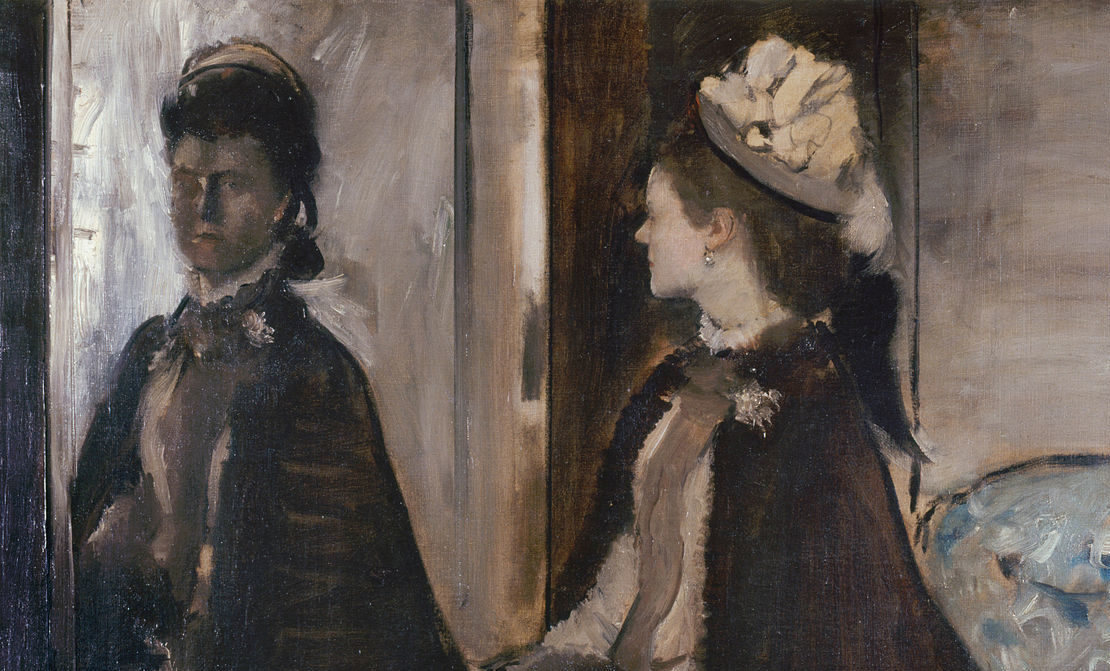“Yo, priest! You best check yo’self!”
A priest who taught me the faith when I was a boy used to tell this story. Once, when he was leading a group of high school students on a pilgrimage to the March for Life in Washington, D.C., he was accosted by a homeless man on the steps of the National Archives.
As he was conferring with the group’s other chaperones about the day’s plans, with the students huddled together not far away, a man in rags came up and started pulling on his sleeve. Without looking at the supplicant—and thinking he was one of the students complaining of hunger or the cold weather—Father shooed him away, saying “I’m talking with the other teachers right now!”
The man, startled, began backing away, shouting, “Yo, priest! You best check yo’self!” He continued this act for a few moments, still backing away, as the students howled with laughter. By the time the man was halfway across Constitution Avenue, he continued: “Yo, priest! You best check yo’self! You ain’t holy, and the pope ain’t holy neither!”
This story has entertained generations of students, such that guys who never even knew the priestly protagonist were known to be shouting in the halls of the school where he once taught, “Yo, priest! You best check yo’self!”
It’s usually (and, probably, accurately) interpreted as the homeless man, frustrated at being rebuffed, simply telling Father off and demanding that he cease his dismissive behavior towards him. But, I propose to go out on a limb and interpret “you best check yo’self” in the sense of “examine yourself and make sure you know what you really are.”
In this light, the homeless man’s rebuke that “you ain’t holy, and the pope ain’t holy neither” is a reminder to those of us who try to live the Christian life that no matter who we are—from the littlest among us to the Vicar of Christ himself—we are nothing and can get nowhere without Christ. We can never make progress along the path to sanctity simply by our own efforts. The pope endeavors to live according to this Christian truth, and so should we.
God, our end, is also our beginning: the invitation to come to Him begins with Him. Of course we must cooperate, but we can do absolutely nothing without Him taking the first initiative (by grace).
This is what Our Lord meant when He said to St. Catherine of Siena, “I Am He Who Is, and you are she who is not.” We depend on God for our very existence; so how could we think ourselves capable of holiness without His reaching down and picking us up?
“The secret of perfection,” writes the late and saintly Archbishop Luis Martinez of Mexico City, “consists in the divine paradox [that] ‘one ascends by descending.’” Acknowledging our complete nothingness before God—cultivating humility—is what attracts God’s mercy down to us.
The story of “you best check yo’self” is an invitation to examine ourselves. Do I attribute any spiritual progress I have made to my own efforts? Do I acknowledge that everything good that I have, everything good that I accomplish, everything good in me is a gift from God and is being sustained (even now) by Him?
Descending in humility is the surest way of ascending to God. Check yourself, then, and remember that “you ain’t holy”—and never will be—without acknowledging that powerlessness is the only way to the Almighty.
✠
Image: Edgar Degas, Madame Jeantaud In The Mirror.







